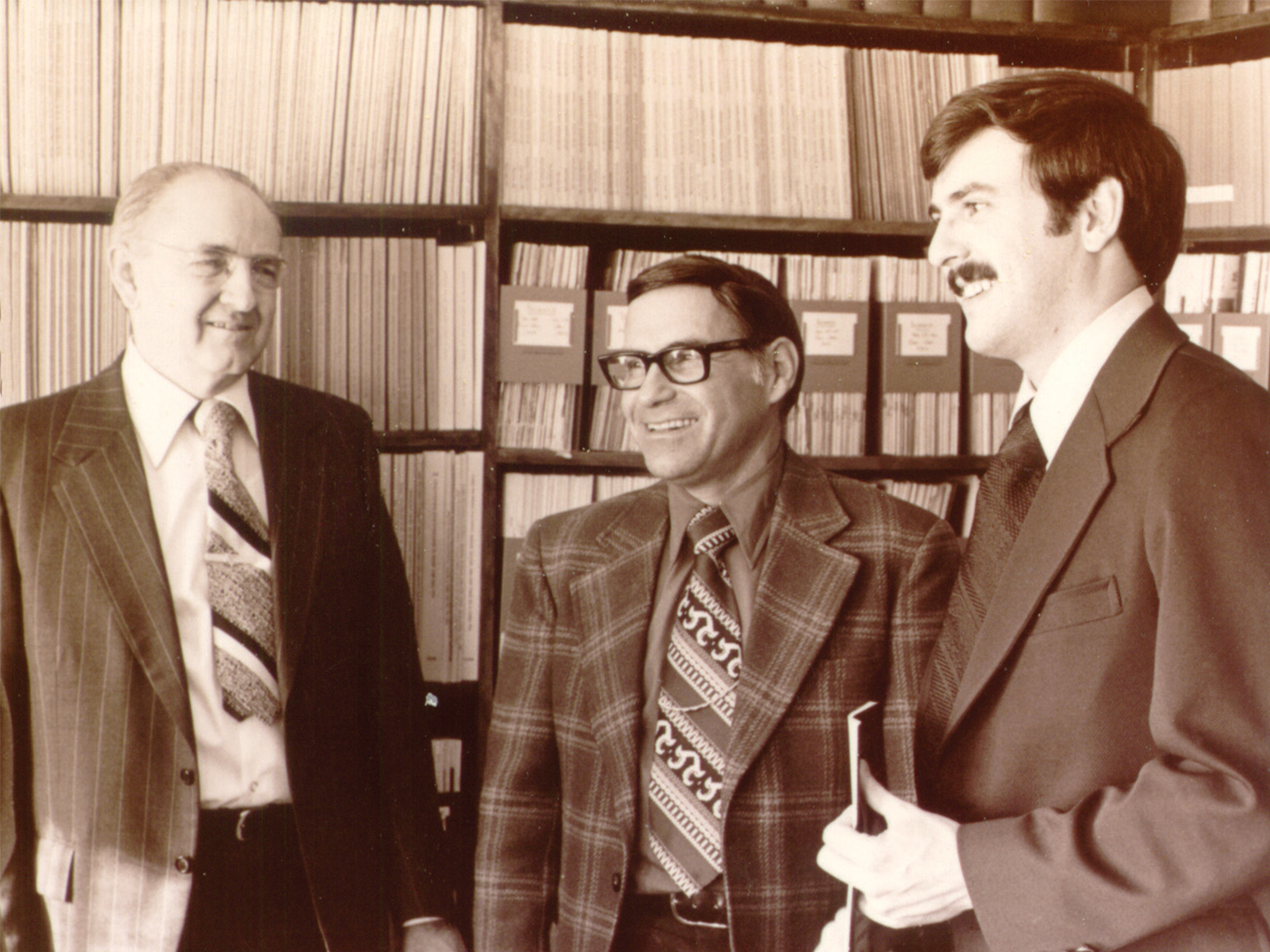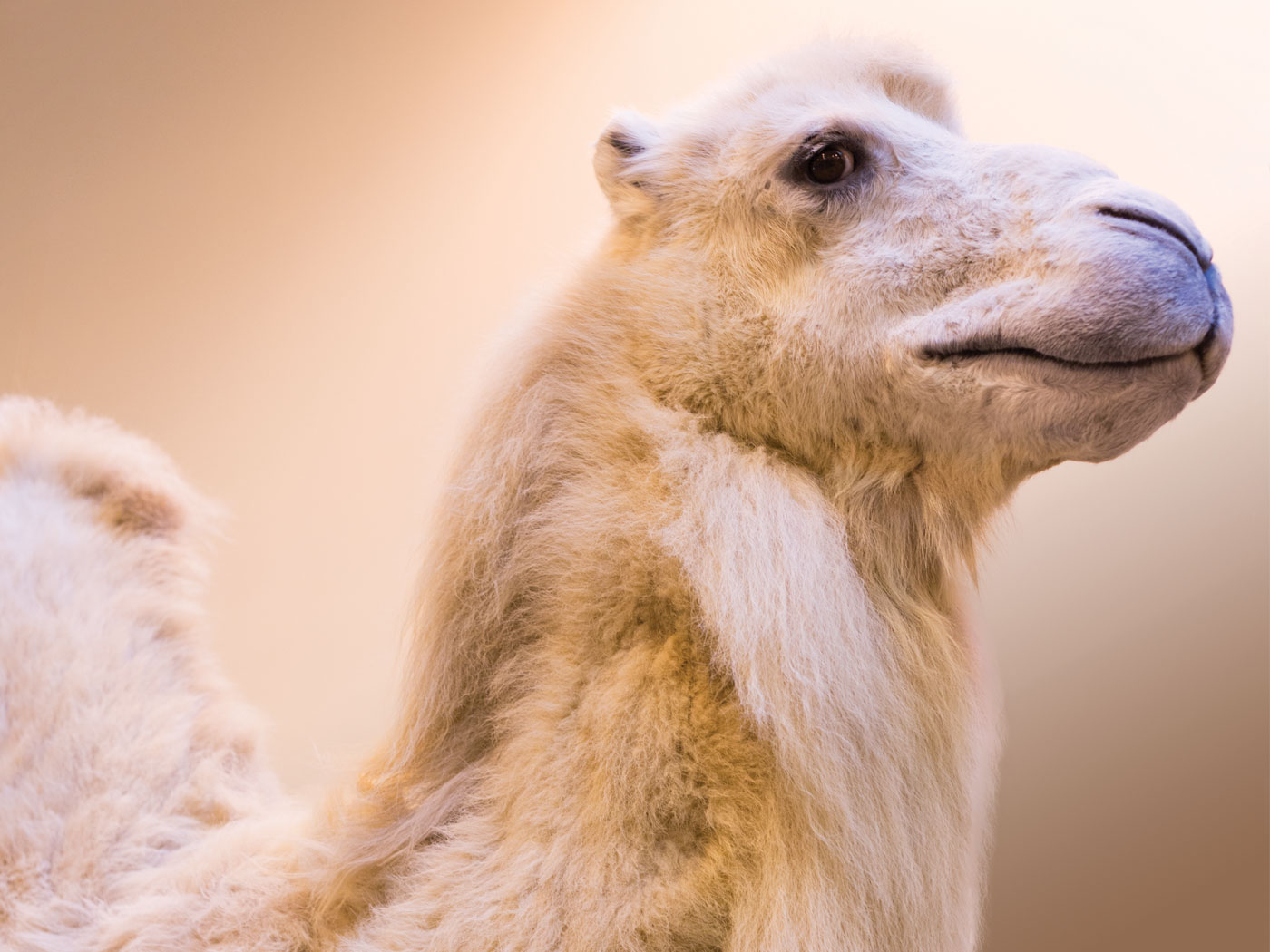
Evolutionary Biologists Rethink Evolution
Scientific knowledge has experienced tremendous advances in the last several decades, especially in such relatively new fields as molecular biology, genomics, and embryonic development. Some biologists say, however, that much of what has been learned is not adequately explained by the standard evolutionary model. So, they are looking at alternate ways that evolution could be at work.

Irreversible Complexity--Evolution Loses Another Round
Scientists discovered something remarkable in a recent study—evolution can’t be reversed. In tracing the supposed evolution of a common protein, they introduced mutations to move the protein “backward” to each of its hypothetical transitional stages and discovered that each one wouldn’t work. What does that mean to the theory of evolution?

New Pterosaur Fossil Forces Re-think of Standard Evolution
Charles Darwin admitted that the sudden appearance of fully formed creatures in fossil deposits was one of the biggest problems with his hypothesis that nature generated living creatures through natural selection.

Butterfly Evolution in Action? Not Likely.
One hundred and fifty years ago, Charles Darwin published his proposal that all creatures on earth emerged naturally from a common ancestor through a process of gradual change. Although this hypothesis rapidly pervaded Western thinking about origins, substantial corroborating evidence for such morphing between various organisms has not materialized.

Would a Reverse-engineered Chicken Demonstrate Evolution?
In his recent book How to Build a Dinosaur, evolutionary paleontologist Jack Horner suggested that birds could be genetically engineered backward to take the form of their supposed dinosaur ancestors.1 He argued that birds arose through the selection of beneficial dinosaur mutants, and if those specific mutations could be identified and reversed in a new generation, then the











